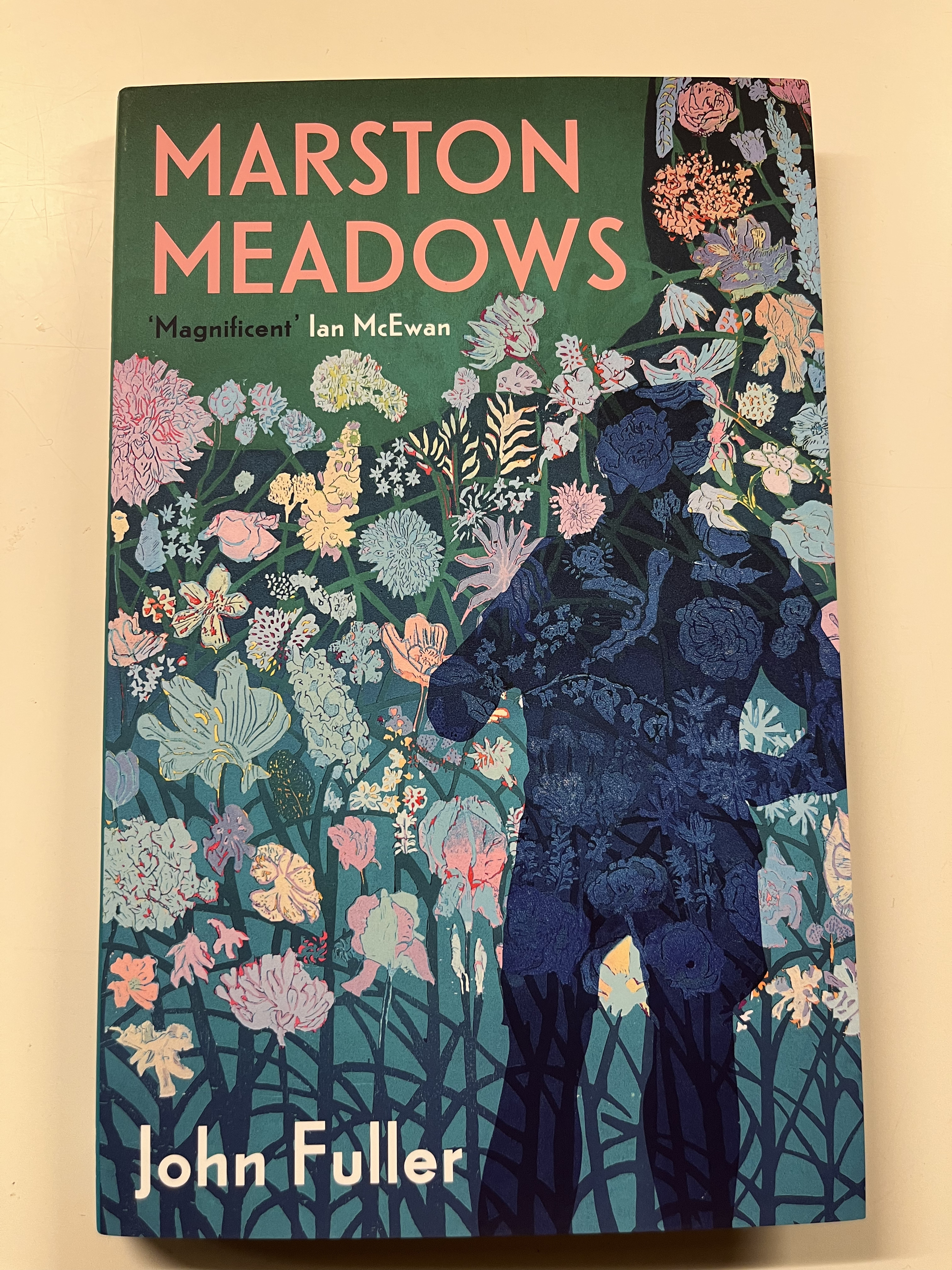|
and other news 20 November 2025: Chatto & Windus have published a new collection of poems called Marston Meadows.

A Rack Press Broadside, How Many Children?, was published in December 2024 (rackpresspoetry@btinternet.com). St Francis of Assisi, a cantata written with the composer Bryan Kelly in 1981, has been issued by Regent Records Ltd (REGCD585) in 2024 in a performance by the Chapel Choir of Selwyn College, Cambridge, and the Britten Sinfonia.

A few copies of the September 1983 reprint of Flying to Nowhere have been discovered. It is in all physical respects identical to the first edition, with the high production values of Tom Fenton’s Salamander Press. £10 including postage from 4 Benson Place, Oxford OX2 6QH. The latest full collection of poems, Asleep & Awake, was published by Chatto & Windus in December 2020. Much of the material is autobiographical, including a sequence of early childhood (“In War Time”) and a sequence written for his wife Prue’s 80th birthday (“Before We Met — and After”). Not more than fifty copies of Lees, a selection of very early poems, were privately distributed in December 2020. A recording of the first performance of The Crimson Bird (see Home Page) appeared in 2020 in a CD of some of Nicola LeFanu’s orchestral works (NMC D255). John Fuller has been working on a collection of short stories in 2024. Click here to read one of them. |